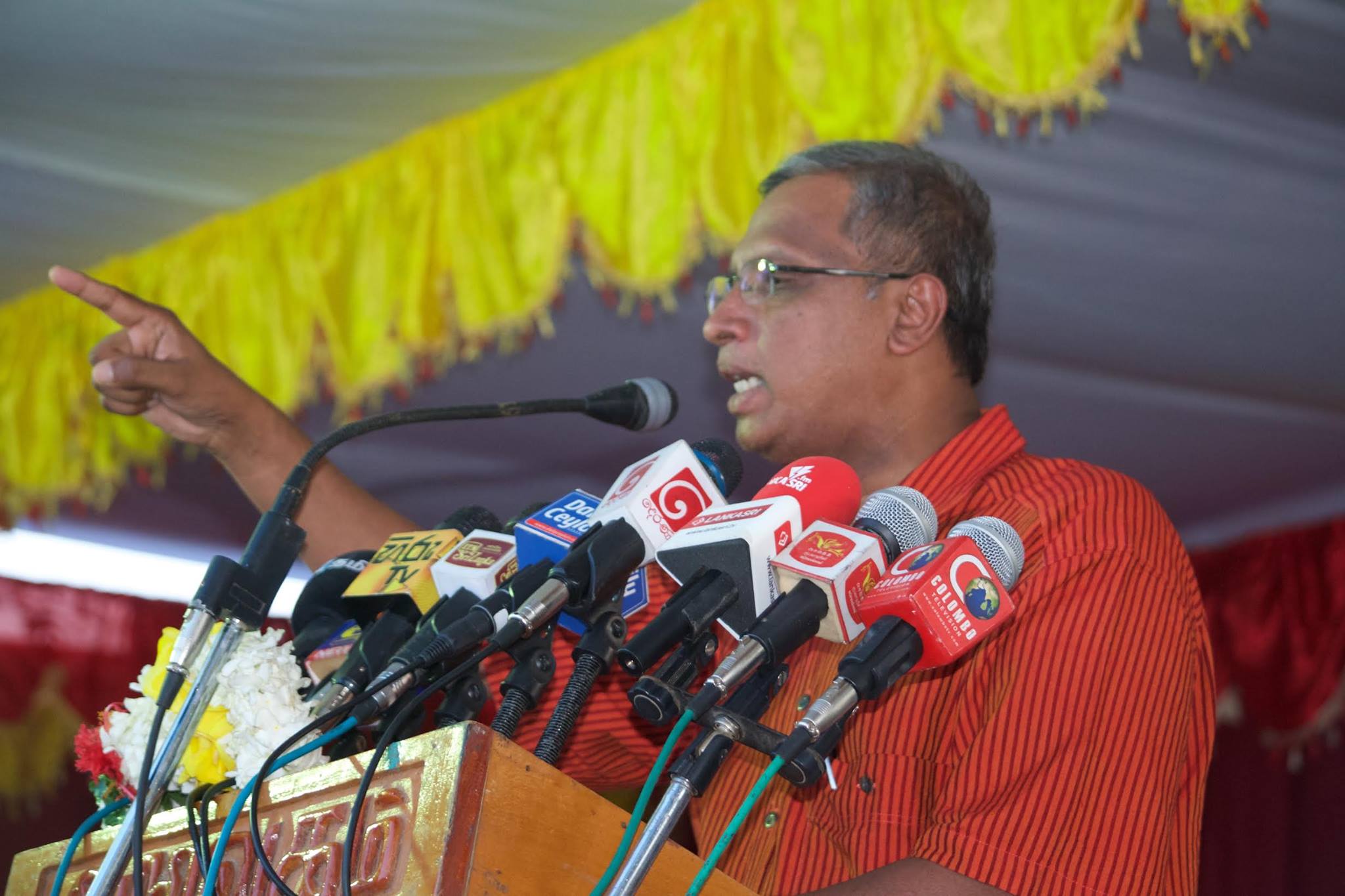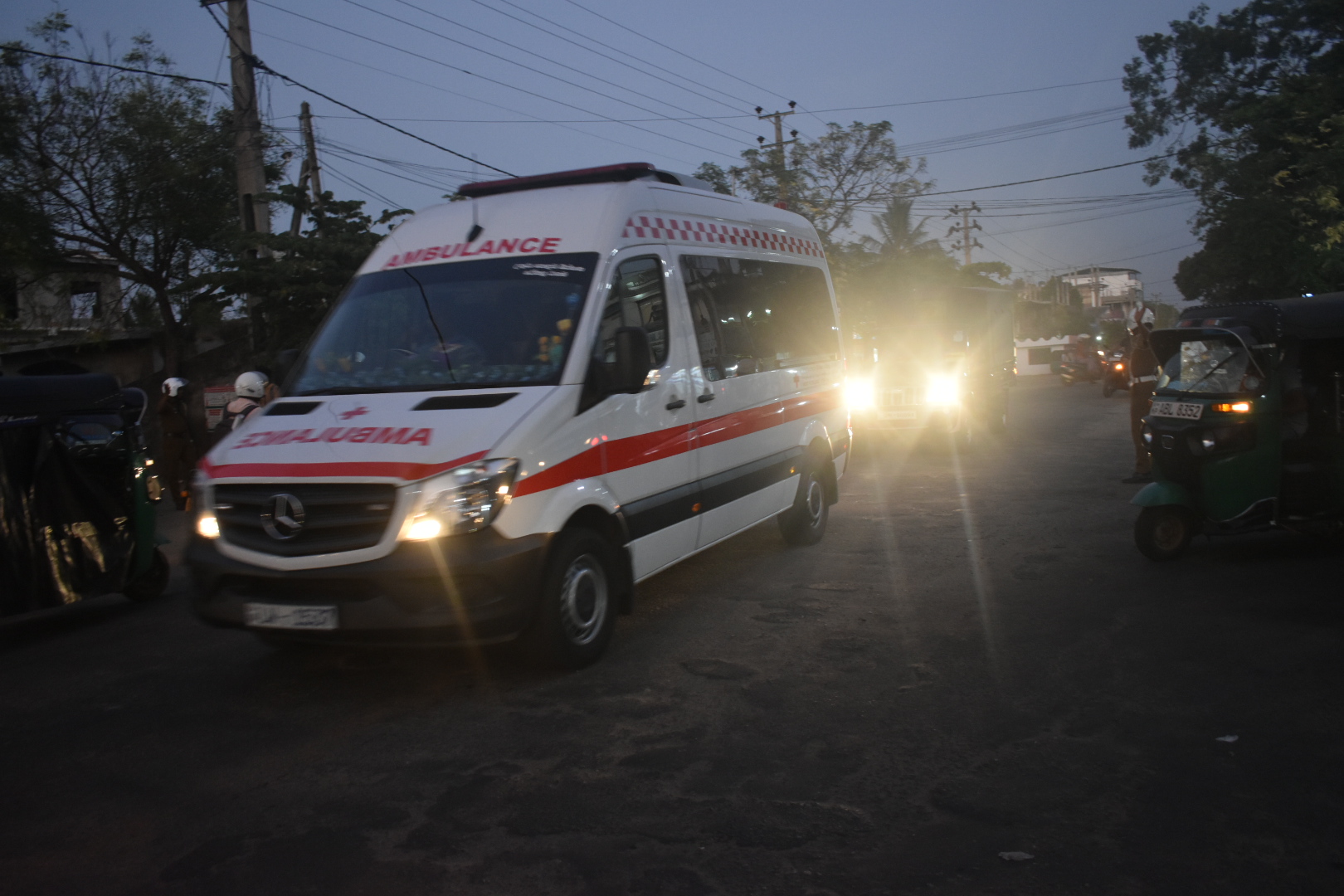
Tamil National Alliance parliamentarian M A Sumanthiran said the Sri Lankan military’s decision to set up a detention centre to quarantine and screen potential patients for coronavirus “has created fear among the people living in that area” and called on Colombo to “ pay heed to the concerns of the public”.
In a Tamil-language statement released this week, the TNA MP said there was public concern after the military took over a private university in Batticaloa to quarantine arrivals from abroad.
“While we insist that the state should do everything within its capacity to contain and control the spreading of this virus, the public of that area are questioning why is the state comfortable with using land in which Tamil people live within its proximity to handle such a dangerous disease,” he said. “Further, this decision has created fear among the people living in that area.”
“Therefore to restore normalcy within the country the state should prioritise creating the necessary infrastructure for quarantine medical services in isolated areas and also pay heed to the concerns of the public as well,” the parliamentarian concluded.
His statement comes as concern amongst local Tamils grew, with the military confining hundreds of arrivals from abroad to detention centres hundreds of miles away from Colombo and in the Tamil North-East.
By forcing those in isolation to travel so far from their point of entry, there was a risk that further spread could occur said one clinician. If any positive coronavirus cases were discovered in those detention centres, there were also concerns over how local health systems - which after decades of armed conflict still lag behind those in the south - could cope with an outbreak.
See more in our feature: Coronavirus detention centres in North-East spark fears for local health systems
At least six people were been arrested by Sri Lanka’s Special Task Force on Friday, after locals protested against the transfer of a patient suspected of having coronavirus to the Batticaloa Teaching Hospital.
We need your support
Sri Lanka is one of the most dangerous places in the world to be a journalist. Tamil journalists are particularly at threat, with at least 41 media workers known to have been killed by the Sri Lankan state or its paramilitaries during and after the armed conflict.
Despite the risks, our team on the ground remain committed to providing detailed and accurate reporting of developments in the Tamil homeland, across the island and around the world, as well as providing expert analysis and insight from the Tamil point of view
We need your support in keeping our journalism going. Support our work today.
For more ways to donate visit https://donate.tamilguardian.com.


